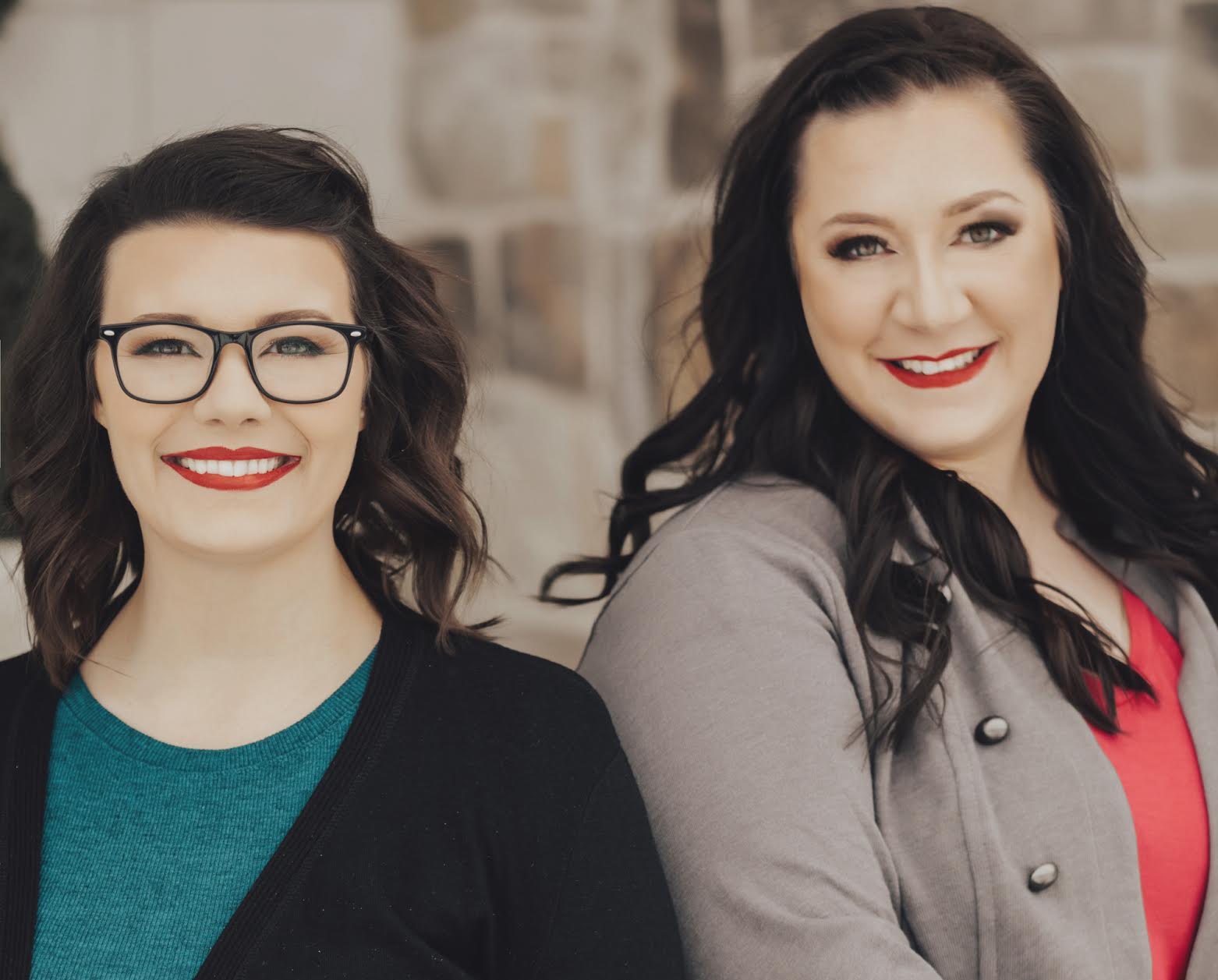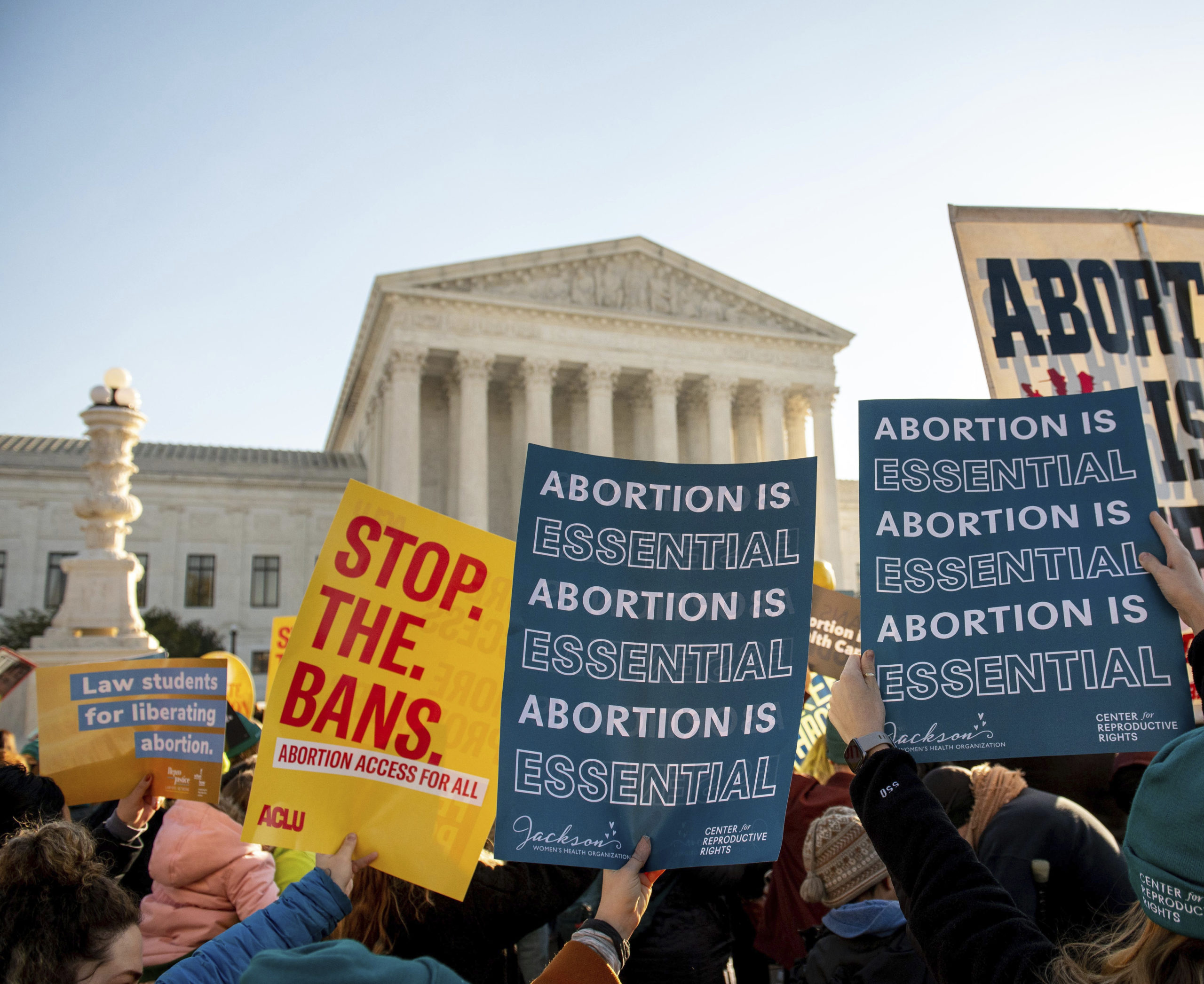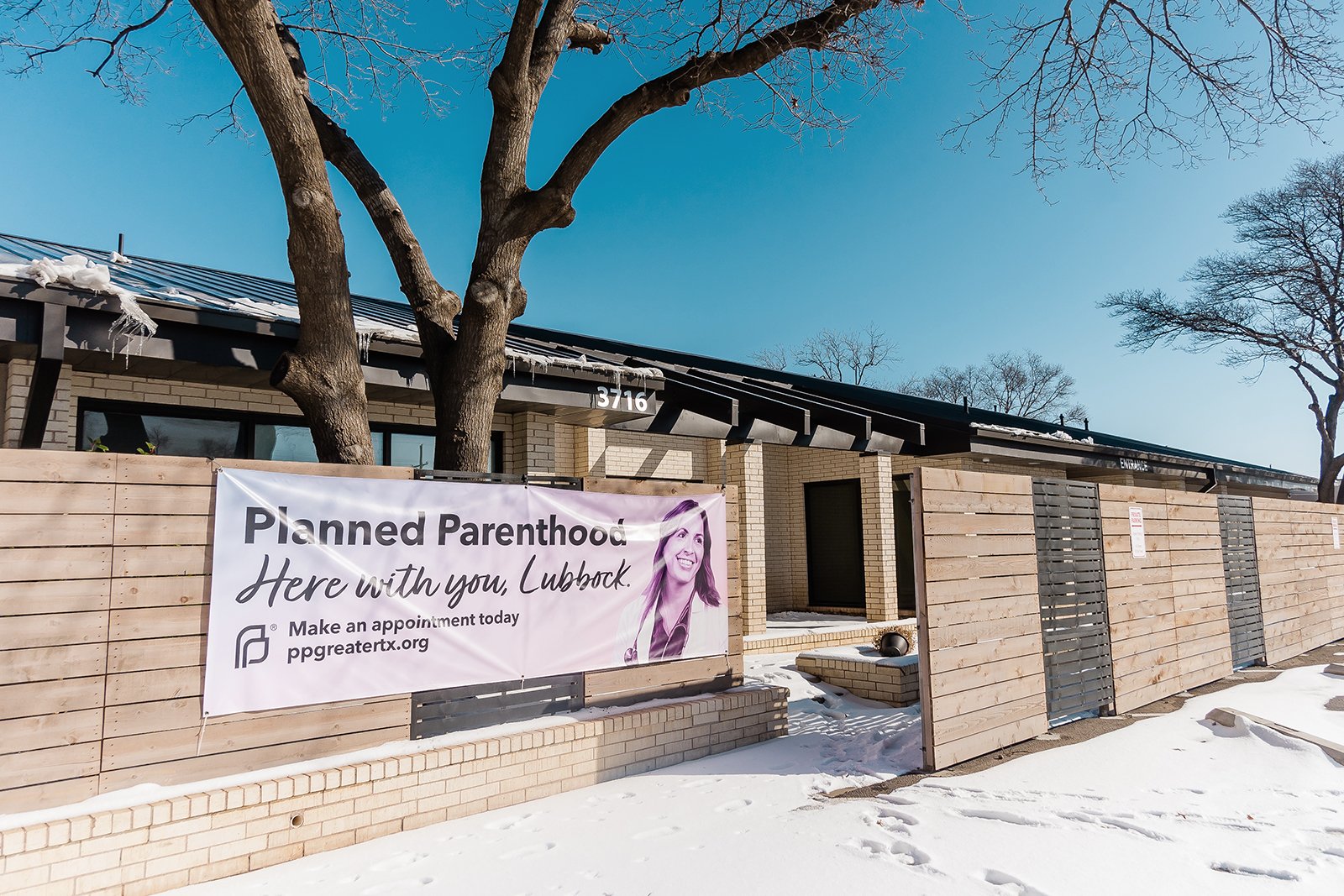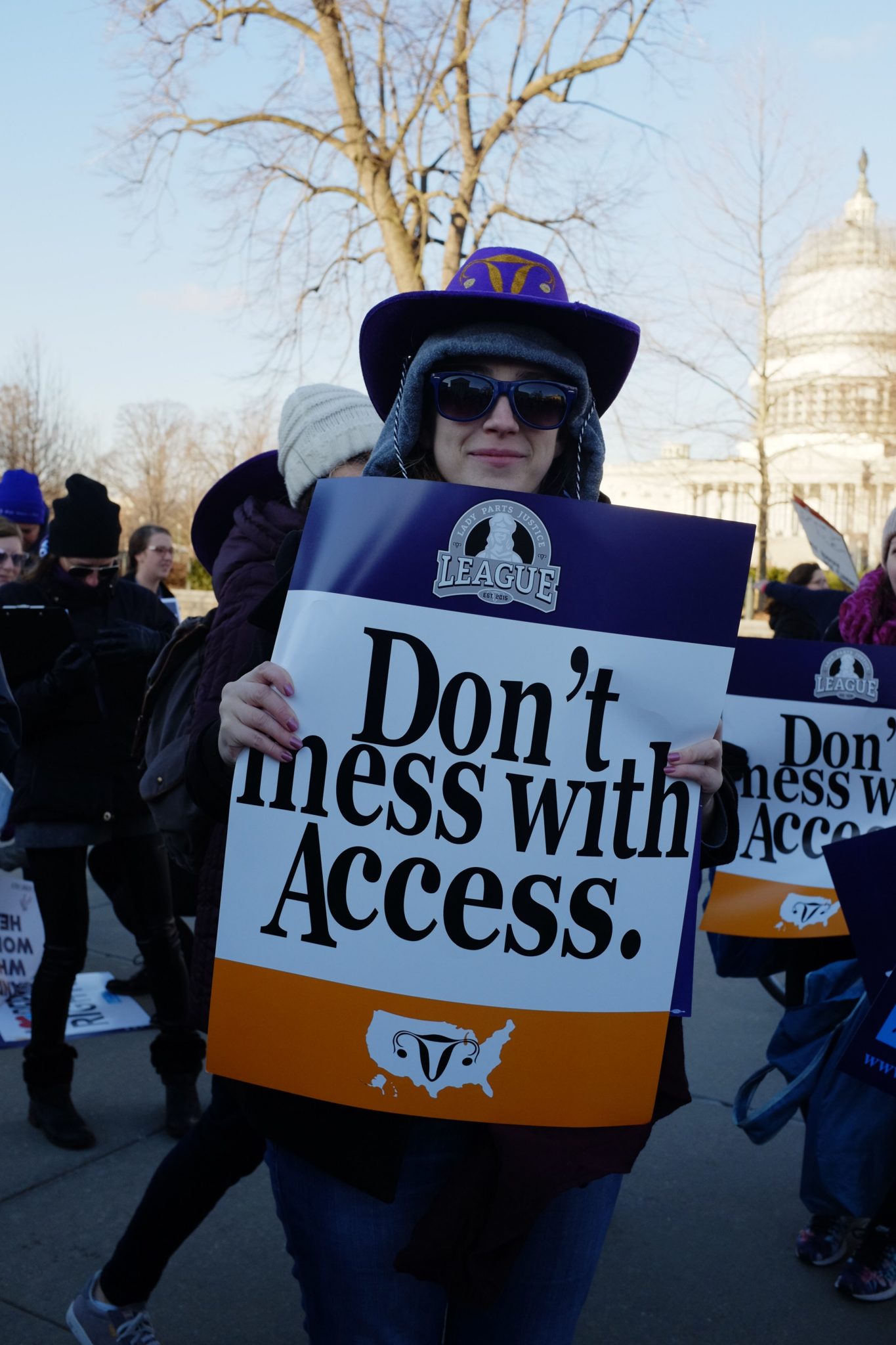
Judge Temporarily Halts New Texas Abortion Ban
In his ruling, Judge Lee Yeakel said that unless Roe v. Wade is overturned, he will continue applying the constitutional standard of no “undue burden” on women.

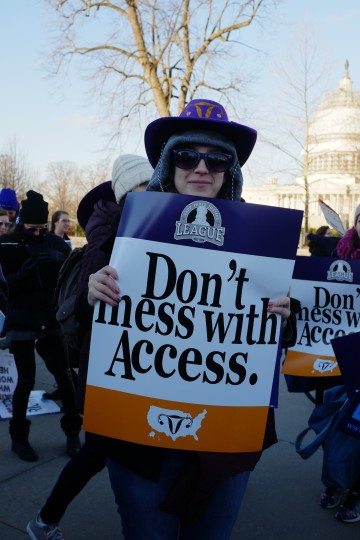
In a rebuke to state lawmakers, a federal judge in Austin temporarily halted a law passed by the Legislature in May that bans a common second-trimester abortion procedure. In his ruling, released late Thursday, District Court Judge Lee Yeakel said that unless Roe v. Wade is overturned, he’s obliged to use the standard of “undue burden” to determine the constitutionality of abortion laws.
By that standard, Yeakel found that the ban on “dismemberment abortion,” a nonmedical term for dilation and evacuation (D&E), fell short. Yeakel agreed with abortion providers that effectively banning D&E abortions would cause women to “suffer irreparable harm by being unable to access the most commonly used and safest” abortion procedure during the second trimester.
“I am elated that Judge Yeakel granted this ruling in our favor allowing Texans to continue to access the healthcare that they deserve,” said Amy Hagstrom Miller, CEO of Whole Woman’s Health, a plaintiff in the suit filed by Planned Parenthood and the Center for Reproductive Rights.
But this is the first battle in what is likely to be a long legal war. Yeakel wearily acknowledged as much on Tuesday, during a hearing on the temporary halt to the law. He called his court a “whistle stop on the train on the way to New Orleans, then on to Washington” for anti-abortion lawsuits, referring to the U.S. Fifth Circuit Court of Appeals and the U.S. Supreme Court.
There is a “constant never-ending stream of these cases and I think it will continue,” said a frustrated Yeakel about the new law, which would have gone into effect Friday. “It seems like the Legislature just jumps out and produces statutes, they’re signed by the governor, and then we start over here.”
The measure — now on hold for 14 days — was added in the House as a last-minute amendment to a sweeping anti-abortion bill this spring, after it failed to pass as a standalone bill. The strategy of pushing potentially unconstitutional abortion restrictions through the Legislature without much scrutiny may frustrate Yeakel, but it’s worked for anti-abortion lawmakers. The new law was signed by Governor Greg Abbott less than a year after the Supreme Court struck down other Texas abortion regulations.
Texas is hoping for a different outcome this time around — one that could have major implications for abortion rights if the case makes its way to the high court. Attorneys for the state are trying to circumvent the Whole Woman’s Health v. Hellerstedt ruling last June by abandoning claims of women’s health and focusing instead on protecting the fetus.
At the Tuesday hearing, Darren McCarty, an attorney representing the state, called the D&E process “brutal” and “gruesome,” echoing language employed by conservative state lawmakers.
“Are there people who believe any abortion is a particularly gruesome policy?” Yeakel asked, skeptical of what he called “arguments around the edges.”
McCarty said he “can’t speak to that.” But anti-abortion advocates are more explicit about their intentions. “The pro-life movement is ultimately set on overturning Roe v. Wade; you have to do that in court,” said John Seago, legislative director of Texas Right to Life, an anti-abortion group aligned with the far-right House Freedom Caucus.
McCarty pointed to a 2007 Supreme Court decision that determined that the procedure was “not to be tolerated because it was too gruesome.”
“The government has a substantial interest in protecting life,” he said Tuesday. McCarty argued that the new law would not outlaw D&E abortions entirely, but rather require doctors to ensure “fetal demise” before doing the procedure.
But abortion rights advocates say the law amounts to a ban on abortions after 15 weeks for some women, especially when coupled with recent laws that have closed abortion clinics and increased travel and wait times. In his ruling, Yeakel said that the ban would force women and doctors to use alternative methods that were “more complex, risky, expensive, difficult for many women to arrange, and often involve multi-day visits to physicians, and overnight hospital stays.”
Courts have already blocked similar D&E abortion bans in five other states.
Yeakel may elect to extend the temporary restraining order on the D&E ban another 14 days, after which the court would have a full hearing. Supporters of the ban don’t expect a ruling in their favor from Yeakel, who was appointed by President George W. Bush.
“Those guys have never seen a pro-life law that they liked, we’re not hopeful there,” Seago said of district judges in the Western District of Texas. “We need to push it higher.”
